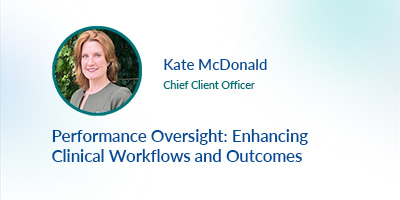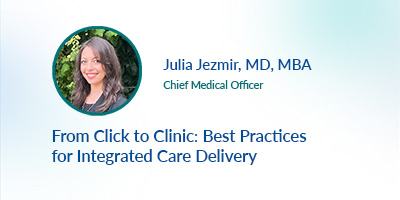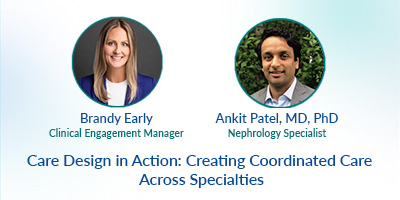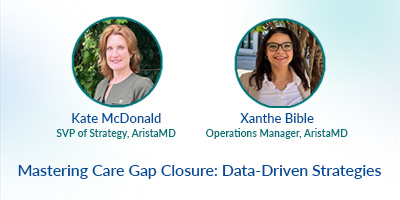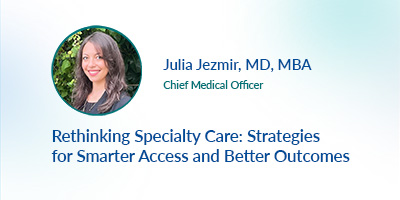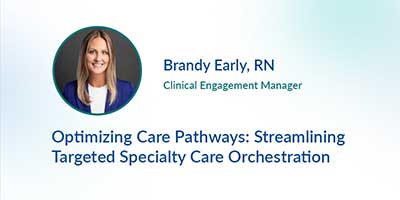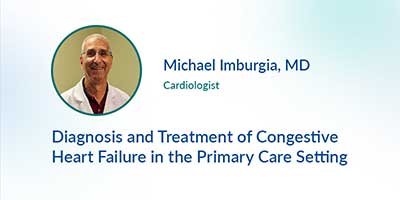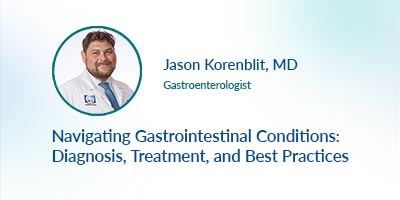Webinars
Watch our webinars to learn from our specialists and thought leaders.
Webinars
Performance Oversight: Enhancing Clinical Workflows and Outcomes
Discover how AristaMD moves Performance Oversight beyond historical reporting to a predictive system, arming Primary Care Physicians with the specialist guidance needed to resolve clinical risk before it impacts quality metrics.
From Click to Clinic: Best Practices for Integrated Care Delivery
Join Julia Jezmir, MD, MBA, Chief Medical Officer at AristaMD, to discover how Care Delivery integrates eConsults, telehealth, and in-person specialty care to expand access, improve outcomes, and lower costs. Learn strategies to empower PCPs with timely specialist input, remove geographic barriers, and design care pathways that guide the right intervention at the right time.
Breaking Down Barriers: How Care Support Improve Specialty Care Access
Join Cindy Craddock, RN, Director of Operations at AristaMD, to discover how Care Support eliminates specialty care wait times, improve patient outcomes, and recover lost revenue. Learn proven strategies for deploying care coordinators, implementing health coaching programs, and creating seamless PCP-specialist communication.
Care Design in Action: Creating Coordinated Care Across Specialties
Brandy Early, Clinical Engagement Manager, and Ankit Patel, MD, PhD, Nephrology Specialist at AristaMD, reveal how Care Design transforms fragmented CKD management…
Mastering Care Gap Closure: Data-Driven Strategies
Xanthe Bible, Operations Manager, and Kate McDonald, SVP of Strategy at AristaMD, share proven methodologies for identifying and closing care gaps to improve patient outcomes and quality scores.
Rethinking Specialty Care: Strategies For Smarter Access and Better Outcomes
Learn how providers can leverage innovative solutions to manage patients more effectively within primary care by enhancing access to timely, cost-effective, and evidence-based specialty care through eConsult…
Optimizing Care Pathways: Streamlining Targeted Specialty Care Orchestration
Join Brandy Early, RN, for an informative session on optimizing care pathways and streamlining targeted specialty care orchestration. Learn how simplifying care coordination and aligning specialty services can enhance patient outcomes, reduce delays…
Diagnosis and Treatment of Congestive Heart Failure in the Primary Care Setting
In this webinar, Dr. Imburgia explains how a primary care provider can help diagnose and treat Congestive Heart Failure (CHF) by understanding heart failure risk factors; how to identify heart failure in those at-risk; principles of heart failure management…
Navigating Gastrointestinal Conditions: Diagnosis, Treatment, and Best Practices
In this webinar, Dr. Korenblit will explain how a primary care provider can help diagnose and treat common Gastrointestinal conditions by: understanding the function of the pancreas in normal digestion; describing exocrine pancreatic insufficiency (EPI)….

